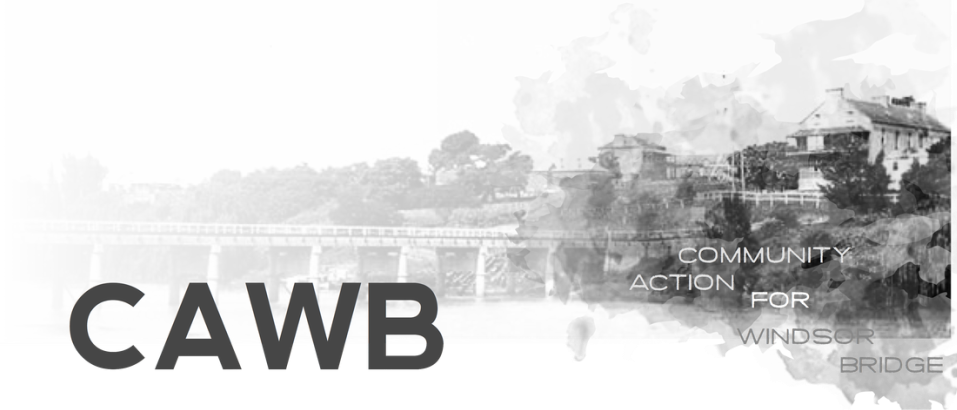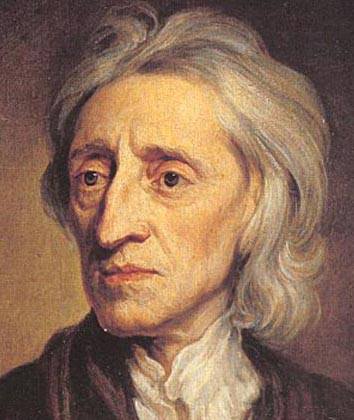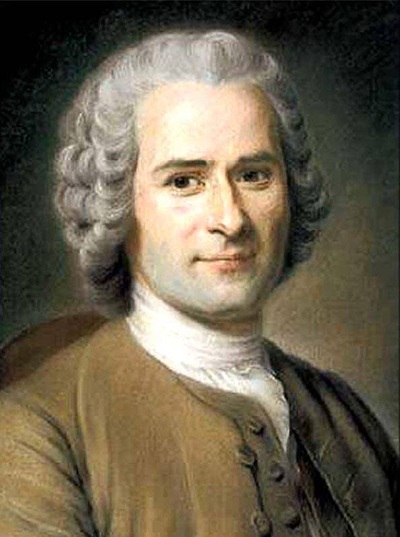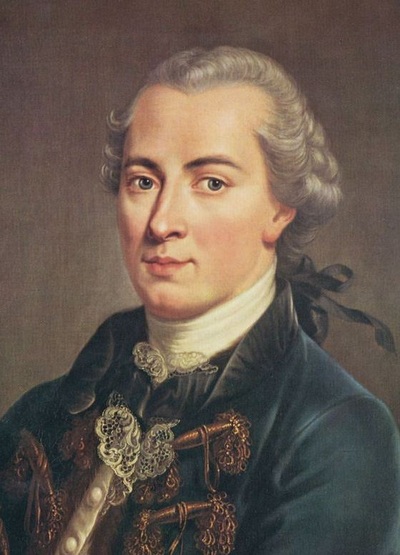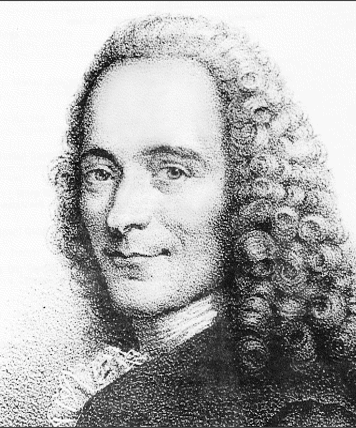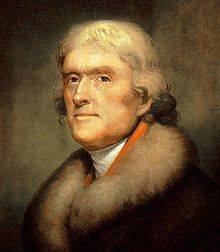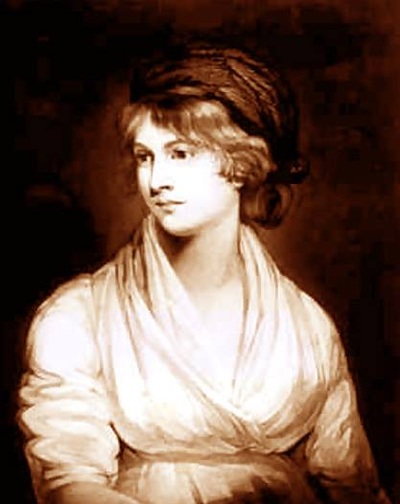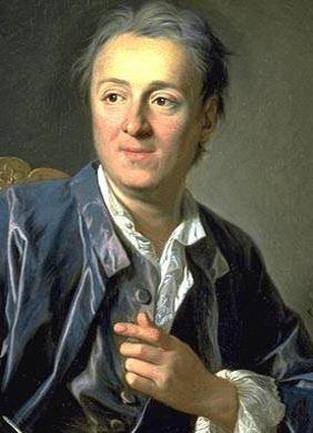 Denis Diderot; 1714- 1784
Denis Diderot; 1714- 1784
Sure its a nice place to eat fish and chips on a warm autumn day in the square and look at its quaint buildings. However, it is far more than that on a symbolic level. It is a physical expression of the great formative forces that drove European thinking between 1650 – 1850 leading to war from the Americas to the snows of Russia costing millions of lives. It is at this level our political leaders seem bereft of awareness as such abstract thoughts are dwarfed by road management issues.
Cook’s voyage took place at the height of this period known as the “Enlightenment”. This introduced a new way of seeing society and its relationship to religious dogma, scientific convention and political tradition. It was as radical as Communism and Fascism were to a later period and just as disruptive. Governors Phillip, King and Macquarie were clearly affected by this radical thinking to varying degrees and this modelled the formative structure of our nation.
Indeed Phillip stated from the inception of the colony – “there can be no slavery in a free land and consequently no slaves” – this made clear from day one this place would be unlike the rest of the world, even in England where slavery was to wait another 19 years to be rescinded. We are the child of the Enlightenment.
The Irish Rebellion of 1798, the American Revolution of 1775, French Revolution of 1789 and dozens of later wars have their geneses in this clash between existing power and free thinking. Indeed this philosophical change can be claimed to be at the root of the Vinegar Hill Uprising which ironically ended in our Thompson Square 1804.
So what was it all about?
It had many parents over 200 years from Voltaire, Diderot and Rousseau in France to Adam Smith and David Hume in Scotland and Benjamin Franklin and Thomas Jefferson in America to John Locke and Mary Wollstonecraft in England.
It is a hard concept to pin down because it was all-encompassing. The Enlightenment’s ideals branched upwards and outwards, covering all forms of intellectual endeavour. Yet the fluidity of its nature highlights a fundamental aspect of the Enlightenment which is freedom both mentally and physically, freedom to investigate, challenge, explore and learn. Freedom was the heart of the Enlightenment and a belief in mankind’s potential, a hope for a new and better world driven by education was its lifeblood, regardless of rank or sex. As Jefferson wrote – we hold these truths to be self evident: that all men are created equal” the feminist Wollstonecraft later added – “I do earnestly wish to see the distinction of sex confounded in society... virtue can only flourish amongst equals”
Above all, as Kant stated – “there is nothing higher than reason”. It holds “human reason” as seminal and its right to dictate action in all areas and challenge all conventions set by custom – they were the idealistic hippies of their day. Voltaire’s definition of this movement is – “it is a process of thinking for oneself, employ and rely on one’s intellectual capacities in determining what to believe and how to act unrestrained by past beliefs.” Thus, all should be equally free to reason.
It held all humans had a claim to equality unrestrained by original sin. Indeed it was believed that societal forces often warped the inherent nobility of all humans.
The concept of “innate goodness” springs from this, that is, if humans are free in a just society to reach their potential they will be noble. It is this idea above all that inspired Governors Phillip and Macquarie. It found no greater expression than Macquarie’s radical action of naming our main street after the king and its square after a convict. Believing all are capable of redemption and nobility in an open society. Macquarie paid for this Enlightenment belief with his Governorship, his pension and indirectly with his life, as Voltaire said – “it is dangerous to be right in matters where established men are wrong”. Australia is built on this foundation, we did not evolve by chance.
One is proud to be a fellow custodian of this symbolic patch of earth in Thompson Square and the thought lines that that link it to the great intellectual movements that shape our present times.
How did Macquarie, a slave owning Scott from a barren island and an imperial professional soldier drift down this unlikely route to greatness and ruin?
This intellectual journey is worth exploring as it affected the early colony's destiny.
Cook’s voyage took place at the height of this period known as the “Enlightenment”. This introduced a new way of seeing society and its relationship to religious dogma, scientific convention and political tradition. It was as radical as Communism and Fascism were to a later period and just as disruptive. Governors Phillip, King and Macquarie were clearly affected by this radical thinking to varying degrees and this modelled the formative structure of our nation.
Indeed Phillip stated from the inception of the colony – “there can be no slavery in a free land and consequently no slaves” – this made clear from day one this place would be unlike the rest of the world, even in England where slavery was to wait another 19 years to be rescinded. We are the child of the Enlightenment.
The Irish Rebellion of 1798, the American Revolution of 1775, French Revolution of 1789 and dozens of later wars have their geneses in this clash between existing power and free thinking. Indeed this philosophical change can be claimed to be at the root of the Vinegar Hill Uprising which ironically ended in our Thompson Square 1804.
So what was it all about?
It had many parents over 200 years from Voltaire, Diderot and Rousseau in France to Adam Smith and David Hume in Scotland and Benjamin Franklin and Thomas Jefferson in America to John Locke and Mary Wollstonecraft in England.
It is a hard concept to pin down because it was all-encompassing. The Enlightenment’s ideals branched upwards and outwards, covering all forms of intellectual endeavour. Yet the fluidity of its nature highlights a fundamental aspect of the Enlightenment which is freedom both mentally and physically, freedom to investigate, challenge, explore and learn. Freedom was the heart of the Enlightenment and a belief in mankind’s potential, a hope for a new and better world driven by education was its lifeblood, regardless of rank or sex. As Jefferson wrote – we hold these truths to be self evident: that all men are created equal” the feminist Wollstonecraft later added – “I do earnestly wish to see the distinction of sex confounded in society... virtue can only flourish amongst equals”
Above all, as Kant stated – “there is nothing higher than reason”. It holds “human reason” as seminal and its right to dictate action in all areas and challenge all conventions set by custom – they were the idealistic hippies of their day. Voltaire’s definition of this movement is – “it is a process of thinking for oneself, employ and rely on one’s intellectual capacities in determining what to believe and how to act unrestrained by past beliefs.” Thus, all should be equally free to reason.
It held all humans had a claim to equality unrestrained by original sin. Indeed it was believed that societal forces often warped the inherent nobility of all humans.
The concept of “innate goodness” springs from this, that is, if humans are free in a just society to reach their potential they will be noble. It is this idea above all that inspired Governors Phillip and Macquarie. It found no greater expression than Macquarie’s radical action of naming our main street after the king and its square after a convict. Believing all are capable of redemption and nobility in an open society. Macquarie paid for this Enlightenment belief with his Governorship, his pension and indirectly with his life, as Voltaire said – “it is dangerous to be right in matters where established men are wrong”. Australia is built on this foundation, we did not evolve by chance.
One is proud to be a fellow custodian of this symbolic patch of earth in Thompson Square and the thought lines that that link it to the great intellectual movements that shape our present times.
How did Macquarie, a slave owning Scott from a barren island and an imperial professional soldier drift down this unlikely route to greatness and ruin?
This intellectual journey is worth exploring as it affected the early colony's destiny.
